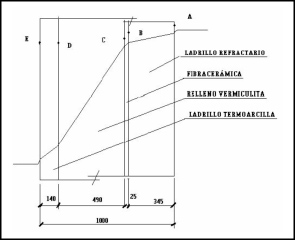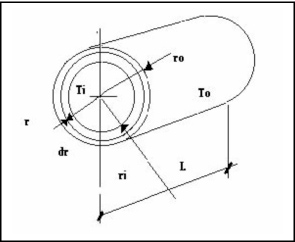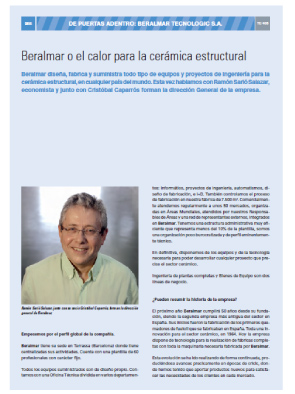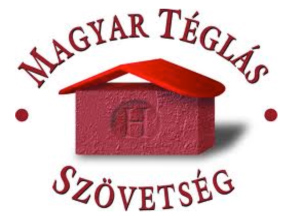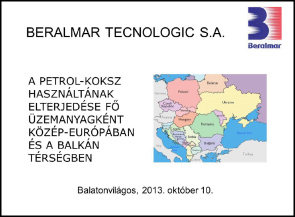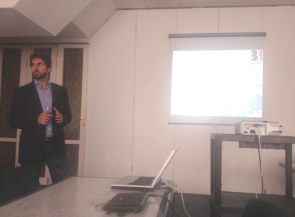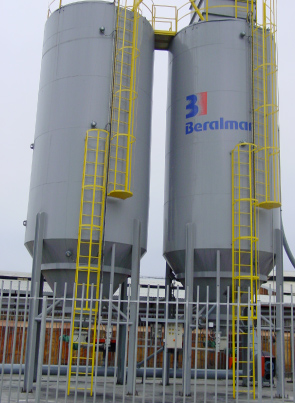On October 10, BERALMAR gave a presentation to the majority of Hungarian ceramists, as part of the "Teglas Napok" (literally “the day of the brick”) event, the annual meeting of the Hungarian ceramists association, held in the town of Balatonvilágos, on the southern shore of Lake Balaton.
The BERALMAR presentation, by Carlos Acosta and Miquel Moix, was titled "Evolution of petroleum coke consumption in Central Europe and the Balkans", and provided insight to attendees on the exponential growth of solid-fuel consumption being experienced in this region. In 2000, there were about 20 tunnel kilns with petroleum coke or mineral coal as the main energy source in these countries, a figure which doubled in 2010, and doubled again just 3 years later, so that there are currently 80 tunnel kilns consuming petroleum coke in the region.
This acceleration in the process of substituting fuel is largely explained by four reasons:
- 1. The unstoppable rise of the price of traditional fuels (fuel oil or natural gas).
- 2. A drop in the price of ceramic products and profit margins.
- 3. Reliable and increasing availability of quality solid fuels.
- 4. Pressure exerted on the environment by productive units which have already made this switch in energy source.
Specifically in the Hungarian market, in 2012 BERALMAR provided a MICROMATIC facility to the KUNSÁGI TEGLA plant, and it is anticipated that other ceramics plants will opt for this technology very soon.
As usual, the Teglas Napok ended with a lively dinner, and a visit the next morning to a ceramics plant in the area belonging to the WIENERBERGER group.

